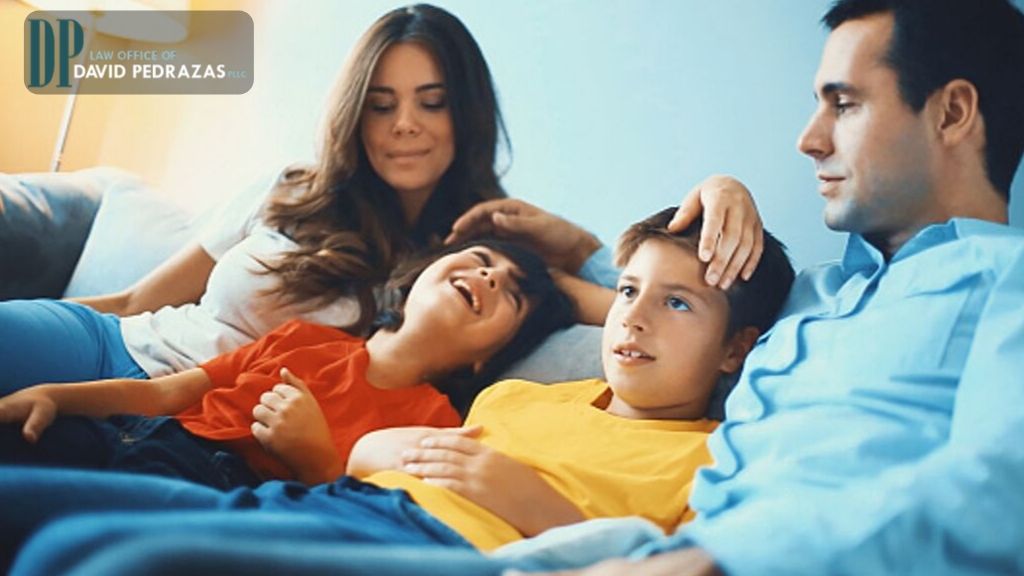It is vital that adults dealing with the emotional challenges of divorce understand the divorce effect on children. They too face challenges in accepting the impact of a divorce. Taking the right steps can aid your children in this process and help minimize the harmful effects of divorce.
The Emotional Impact of Divorce on Kids
Divorce has come to be a reality that affects nearly 50 percent of all households. However, it is only in the past two or three decades that experts have conducted the research that documents the impact of divorce on children.
While the effects of divorce vary over a wild spectrum of circumstances, it is now evident that almost all children are affected in a negative way when a marriage is ended. Such a massive change creates concerns over security and even a child’s self-image.
The age of the child at the time of the divorce plays a large role in both the potential harm and how that harm is mitigated. However, all children of all ages face hurdles in dealing with a divorce, particularly in the first year after the divorce.
Managing and minimizing the emotional harm that can result takes a concerted effort by both parents. The first step is to understand that your children will experience the effects of divorce in different ways. This makes it important to pay close attention and continually assess how they are reacting and what they are doing to compensate for the situation.
Strategies that Can Reduce the Emotional Harm of Divorce
Proactive steps are the key to dealing with the emotional harm children may experience during and after the divorce process. A few of those steps include:
- Keep the personal conflicts between the parents away from the children as much as possible.
- Keeping communications open and focused on the child. Parents who are emotionally challenged by a divorce find this process especially difficult. Nonetheless, children will take emotional cues from both parents, and it is important to convey a sense of ongoing stability and security even with the big changes happening.
- Deal with, but don’t overreact to, rebellions actions and attitudes. Especially with older children there is a tendency for some aggression and rejection of the fact of divorce. This may include outbursts placing blame or more overt expressions of anger. When this occurs, a balanced response is key to getting past the anger expressed.
- Establish and maintain a new sense of stability and order. Children need predictability, and a large element of the insecurity created by divorce comes in the upset of day-to-day routine. Making it a priority to eliminate uncertainty and reestablish a new routine and predictable living arrangements for the child.
When to Seek Help for Your Child
Those who study the impacts of divorce on children largely agree that the first year is the worst. Taking the above and other steps will help make that year part of a healing process. It is difficult to predict how they will react, but most children are resilient and adapt to the new environment.
However, some children don’t make this adjustment and react in a variety of damaging ways. Fortunately, there are now well-trained professionals who can help deal with these situations. It is important to deal with situations as they are observed.
Divorce is Challenging: We Help With those Challenges
At the Law Office of David Pedrazas, PLLC, Our firm has decades of experience in making divorce a process that is managed professionally and effectively. That leaves you with more time and capacity to focus on your children. If you are facing the possibility of divorce, contact us today and let us help you face those challenges.

